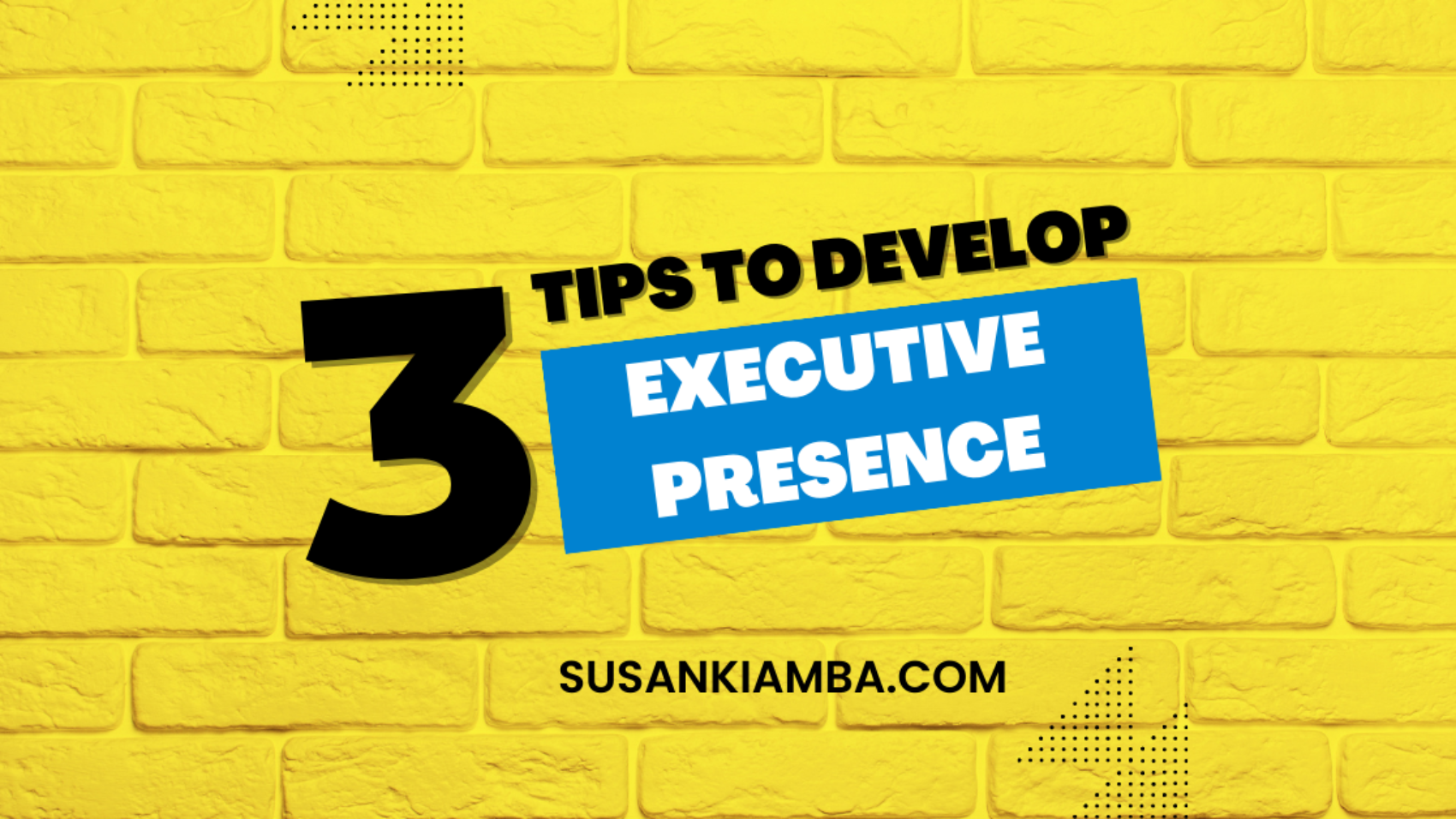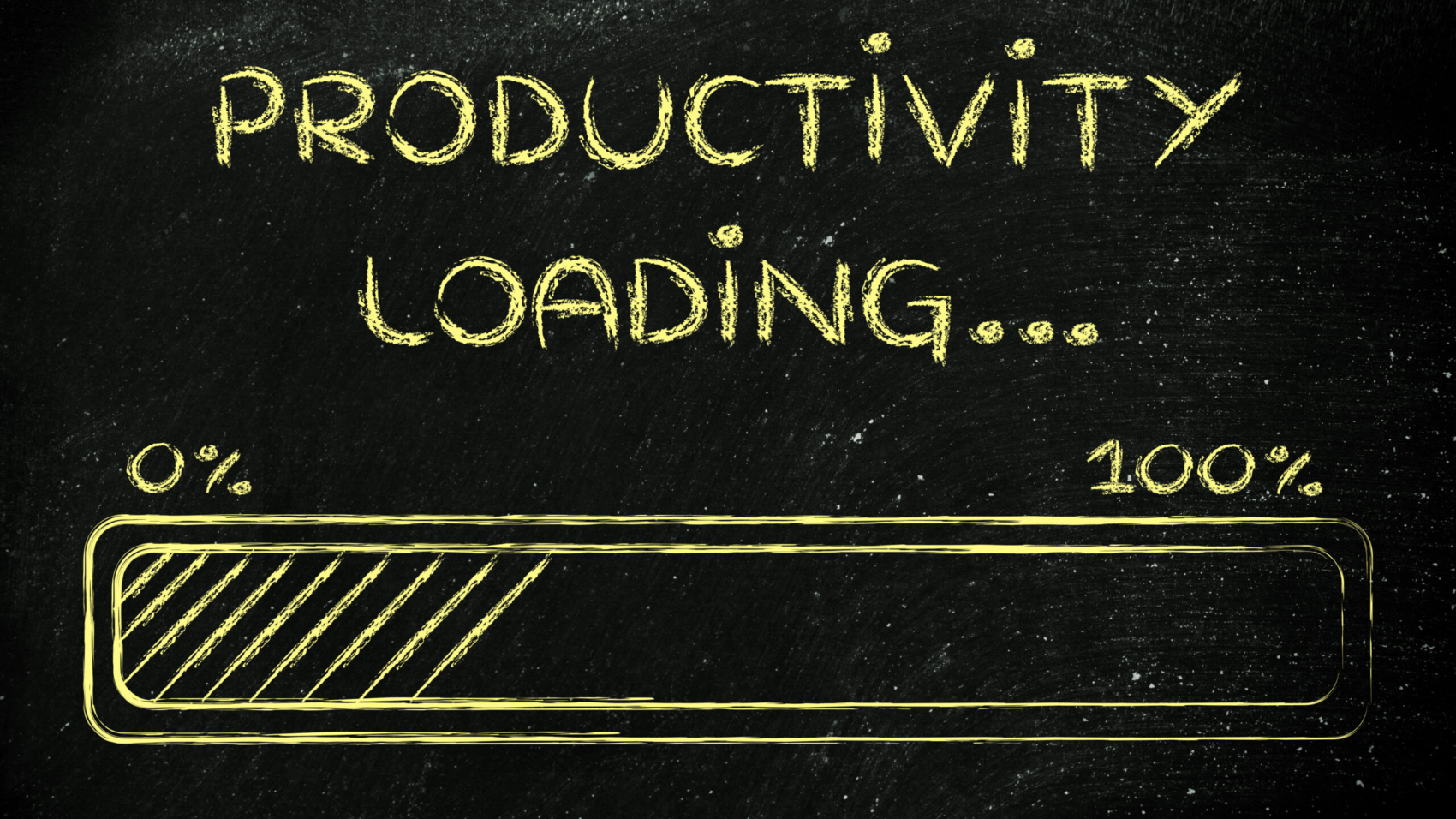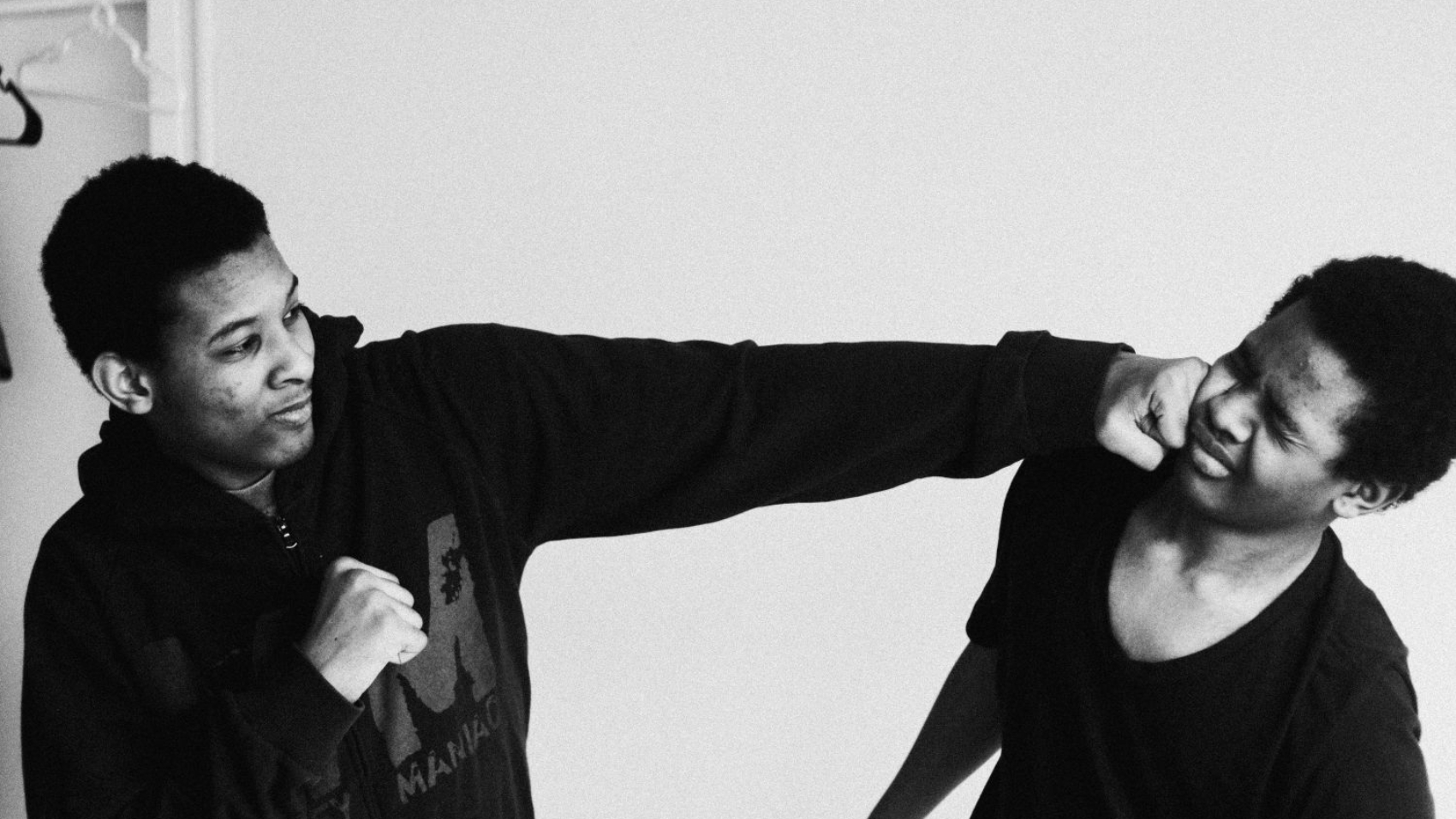People may agree in theory that coaching is great but run into practical problems along the way. Three of these problems involve perceived value, resistance to feedback, and failure to follow through. Be aware of these typical hurdles and be ready to overcome them when you decide to invest in coaching.
Getting excited about coaching is the first step to finding a great coach and shortening your learning curve, but some hurdles often stand in the way of getting coaching. Hurdles like:
- Not perceiving value
- Resisting coaching
- Not following through
These three mindset hurdles make it hard to get great coaching even if you know deep down you will benefit. Let’s take a look at them and how to overcome them.
Does coaching have value? You may easily agree that the concept of coaching has value, but you may resist paying for it. Many people don’t want to invest more than the minimum amount of time, energy, and money into coaching. This translates to their perception of the value the coaching brings. People who don’t want to invest in their coaching don’t generally see results. Likewise, people who expect gold star services for free or low rates tend to get less out of coaching.
If you are new to coaching, start small with a low investment of time, energy and money, but be prepared to increase each of these over time. There is only so much time, energy, and resources a coach will give you without you making a bigger investment yourself.
What you resist, persists. People who fail to benefit from coaching tend to resist it. They aren’t open-minded to hearing critical feedback or have mindset issues that keep them from getting past the resistance to taking action. The resistance causes a lack of results. And. if you’re not careful, you can end up blaming the coaching for your lack of payoff when it’s actually your fault.
Go into engagement with the intent to get the most out of coaching so you can see the results you want. If you take the time to hire a coach, you’ve got to be willing to do the work. Sometimes it’s encouragement to take a risk; sometimes, it’s answering difficult questions to help you reflect on your actions. Be willing and ready to be open-minded when working with your coach.
If you aren’t taking action, you won’t get any traction. Coaching is creating a game plan. Your coach can help you lay out a plan, but you’ve got to run with the ball. A lot of coaching relationships fail because people don’t follow through. You’ve got to be prepared to take action and follow through on the commitments you make to yourself at the end of each coaching session.
If you feel resistance when it comes to taking action, ask your coach for help. Avoiding them or stopping coaching short because you aren’t following through is a waste. Be ready, willing, and able to take action and follow through on what the coach suggests.
Everyone benefits from coaching. There’s no need to learn the hard way and take longer when there are qualified people ready, willing, and able to coach you. The key is finding a great coach and getting past the resistance to action.









